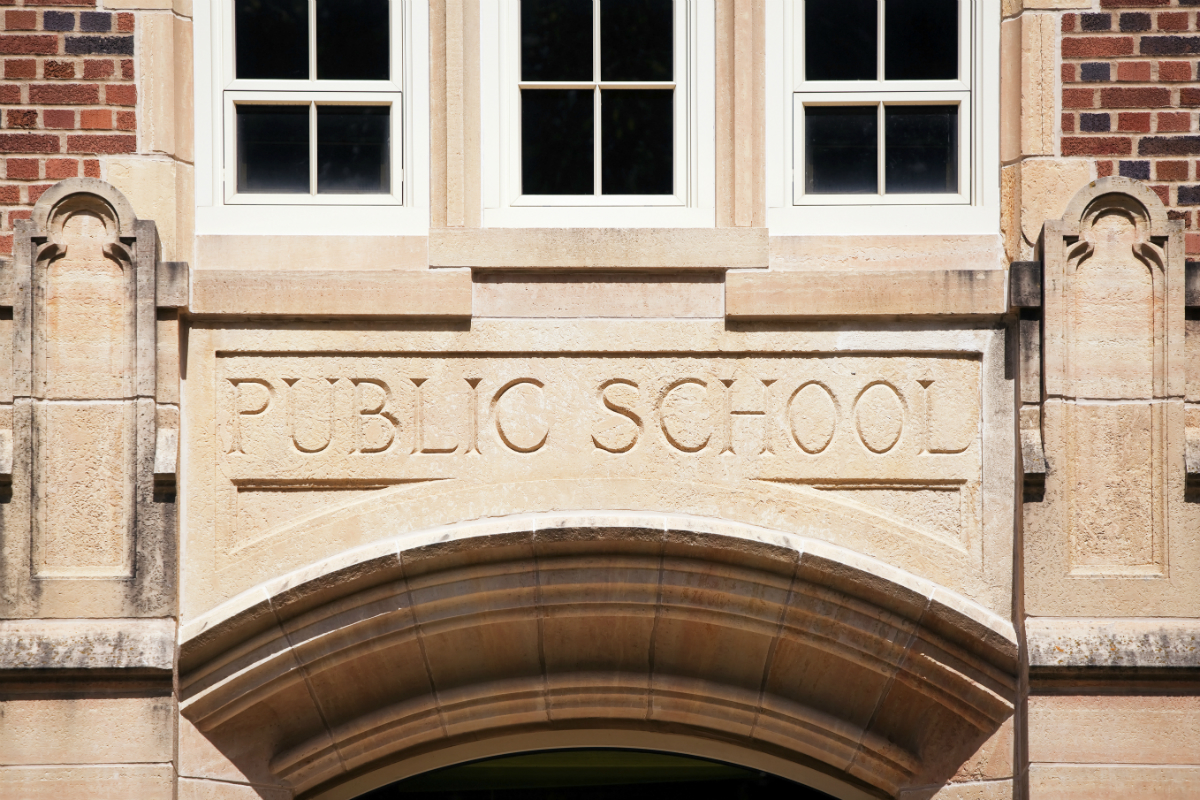Khieem Jackson, deputy superintendent of equity and access for the California Department of Education, told viewers of an April 9 webinar hosted by Wellness Together School Mental Health and the CDE that identifying children in need while working remotely is challenging, but doing so must be a priority. Webinar speakers shared tips on how to go about connecting with students under shelter-in-place directives.
“Students are experiencing new and ongoing trauma without the daily support of their teachers, their peers and other staff. Now more than ever, it is imperative that we reach out to our students to ensure their safety, and to determine what their needs are so that we can connect with them and connect them to appropriate resources,” Jackson said.
Studies have shown that at least one in five children and adolescents have a mental health disorder that causes some impairment in functioning, while only about 20 percent of these youth receive any mental health services, said Mayra Alvarez, presenter and president of the advocacy group The Children’s Partnership.
Although social distancing measures prevent staff from checking on students and providing services in person, Alvarez was among the speakers who noted that using telehealth services can be an effective and efficient way of providing mental health to vulnerable populations. As more devices are provided to students and more households can access the internet, such services will be more widely available to children and teens in low-income and rural areas. Guidance is available to district and school leaders interested in adopting telehealth in their childcare centers and schools to expand access to mental health services.
Regardless of the methods used to connect with students, the need to is vital, and for some children, urgency is just as important. Due to the economic upheaval and widespread school closures, children are home with parents who are often stressed out and at the end of their rope, explained California Surgeon General Nadine Burke Harris.
Now is an incredibly risky time for youth who are at home, she said, because one impact of social distancing is the lack of contact that children have with the caring adults at their schools.
“While for some kids being at home is a safe place, unfortunately, that isn’t the case for many kids across the state who are experiencing significant adversity at home. We’re already seeing rates of intimate partner violence rising, and we’re seeing reporting rates of child maltreatment are declining,” Burke Harris said. “We believe that is because kids simply aren’t in contact with the safe places and adults who would be making those reports, which are our educators. It has never been a more important time for us to recognize that students may be vulnerable and figure out how we can reach out.”
The need to focus on student mental health will be just as crucial when schools re-open, Burke Harris said, noting that the extended isolation and sudden upending of routine will have an impact on all children. The Surgeon General’s Office has released guidance on how to help kids and caregivers handle stress during COVID-19. Additional state resources for improving emotional support and well-being are also available.
Register for parts two and three of the CDE and Wellness Together webinar series, which will be held April 16 and April 23.
Stay up to date on the latest news and resources related to COVID-19 on CSBA’s dedicated webpage »




